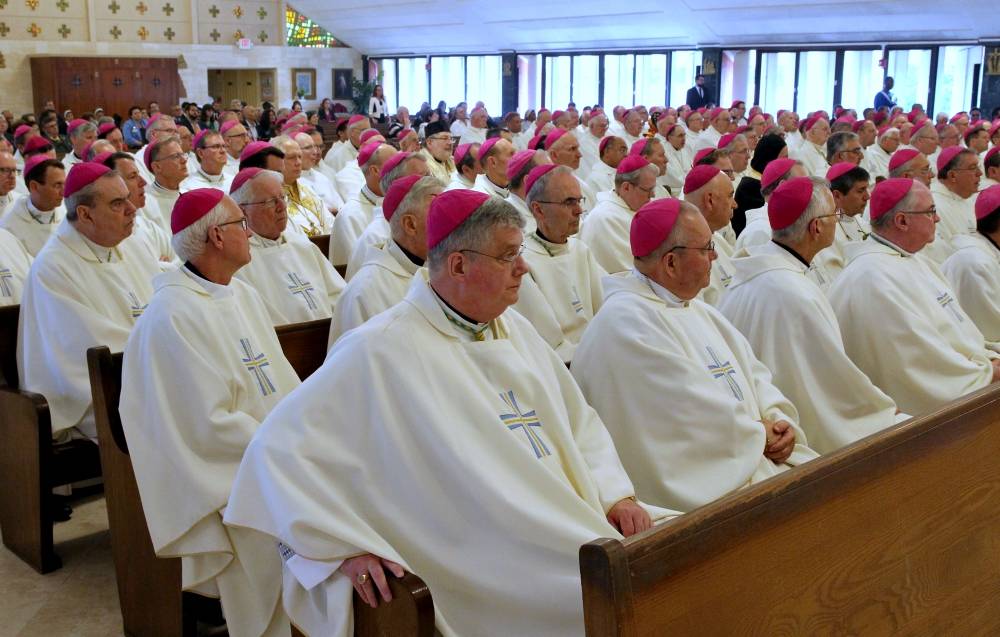SOLEMNITIES
AND FEASTS: EXPLORING THE DISTINCTIONS IN LITURGICAL CELEBRATIONS OF THE
CATHOLIC CHURCH
In the Catholic Church, both solemnities and feasts are
liturgical celebrations that hold special significance. While they share
similarities, there are distinct differences between the two.
A solemnity is the highest ranking liturgical celebration in
the Catholic Church. It commemorates a major event or mystery of faith, such as
the Incarnation (Christmas), the Resurrection (Easter), or the Most Holy
Trinity. Solemnities are considered essential and obligatory for the entire
Church, and they take precedence over all other liturgical observances. They
are characterized by special liturgical texts, prayers, and rituals that
reflect the importance of the event being celebrated. Solemnities are typically
marked by a festive atmosphere, extended liturgical celebrations, and often
include additional customs and traditions.
On the other hand, a feast is a liturgical celebration that
commemorates an event, a saint, or a particular aspect of the faith. Feasts are
of lesser rank than solemnities but still hold significant importance. They
have a fixed date on the liturgical calendar and are generally celebrated by
the universal Church or a particular region, religious order, or diocese.
Feasts may honor important saints, such as the Feast of St. Peter and St. Paul,
or commemorate key events in the life of Christ, such as the Feast of the
Transfiguration or the Feast of the Presentation of the Lord. Like solemnities,
feasts often involve specific prayers and rituals, but they may be of shorter
duration and have a more focused theme.
One notable difference between solemnities and feasts is
that solemnities are universally celebrated, while feasts may vary in their
observance depending on the local or regional tradition. Additionally,
solemnities take precedence over feasts. If a feast falls on the same day as a
solemnity, the solemnity is given priority in the liturgical calendar.
Both solemnities and feasts serve as occasions for the
faithful to gather in worship and reflect on significant aspects of their
faith. They provide opportunities for prayer, contemplation, and celebration
within the Catholic liturgical year. Through these special liturgical
celebrations, the Church seeks to deepen the spiritual understanding and
participation of the faithful in the mysteries of salvation and the lives of
the saints.




No comments yet
Be the first to share your thoughts!